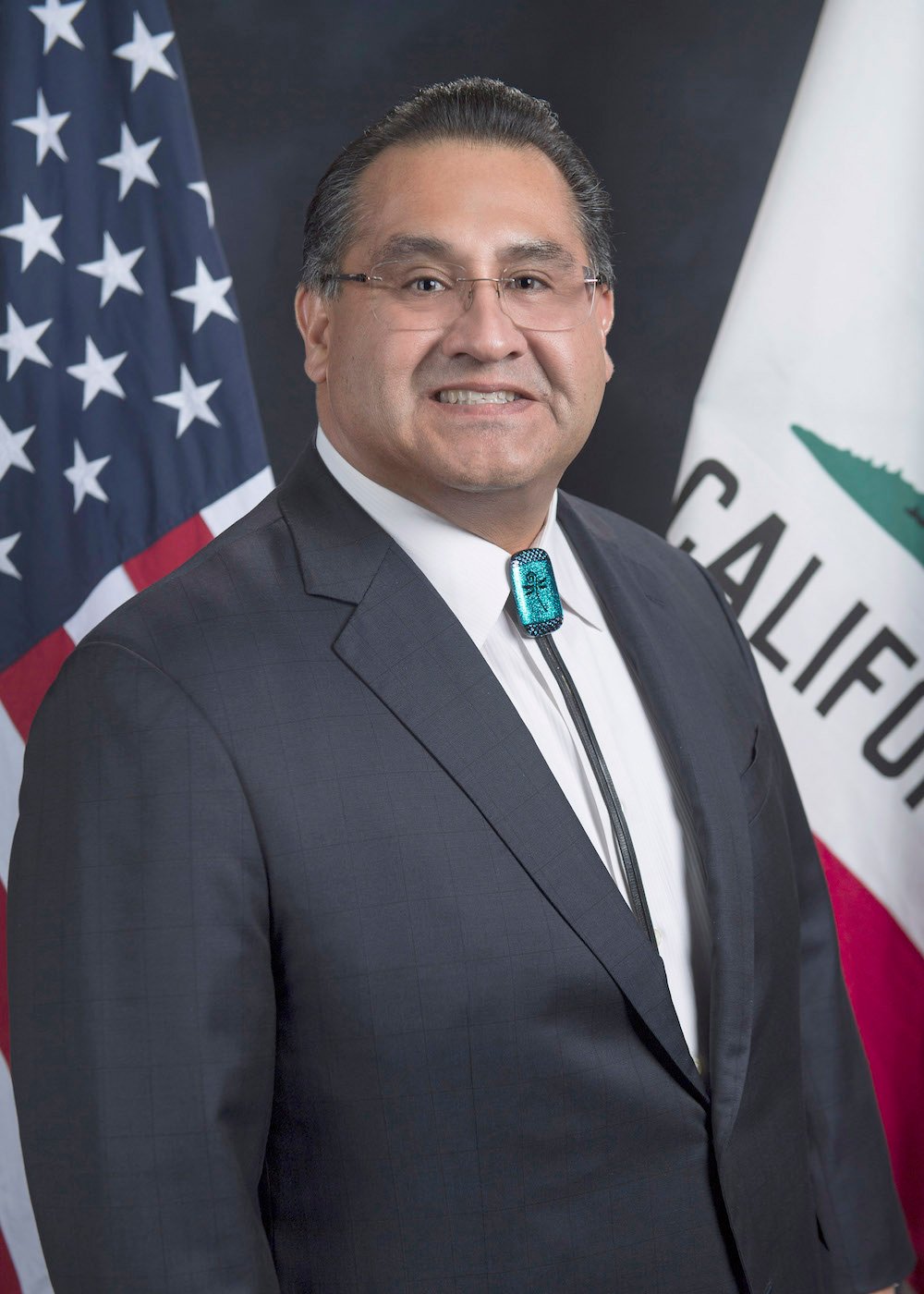
It was less than two hours before midnight Pacific time on Sunday when the California Senate approved a bill—known as AB 275—that would allow more of the state’s tribes to recover their ancestors’ remains and artifacts. The bill, which now heads to the desk of California Governor Gavin Newsom, is likely to have big implications both for Indigenous tribes in California who are not federally recognized and the many institutions and museums that house Native American heritage objects.
The governor has until September 30 to make his decision about the bill. If signed, the act would expand a federal law that allows tribal leaders to reclaim human remains and other sacred artifacts from institutions to encompass tribes that are not currently recognized by the US Interior Department.
The bill “will add impetus to the delays in returning the remains of California Native people so that they may be buried with the respect and devotion they deserve,” said Assemblymember James C. Ramos (D-Highland) in a statement following the vote. The Senate voted 39 to zero to approve the bill, which will “strengthen and clarify the process for repatriating California Native American remains and artifacts” held by various institutions including the University of California system, according to the statement.
Ramos pointed out that this past June, the state auditor Elaine Howle issued a report that found that the University of California is not adequately and consistently overseeing the return of Native American remains and artifacts, and made recommendations to hasten the repatriation process. UC Berkeley, for example, has returned only around 20 percent of its 500,000-piece collection, according to the report, which is pointedly titled, “Native American Graves Protection and Repatriation Act: The University of California Is Not Adequately Overseeing Its Return of Native American Remains and Artifacts.”
Ramos’s office shared a copy of an August 31 letter addressed to Governor Gavin Newsom requesting approval of the bill. It outlined the history of previous, similar efforts, noting that in 2001, California enacted AB 978 (also known as Cal-NAGPRA or Native American Graves and Repatriation Act) to address the specific concerns of California Native Americans seeking repatriation of their human remains and other cultural items. The problem, Ramos wrote, is that AB 978 was never fully funded or implemented.
The current bill now goes through a processing period known as enrollment and must be sent to the governor within 12 days, a representative for Ramos told Artnet News. It “is vital,” Ramos said, “to preserve our tribal culture and ensure Native American tribes have the opportunity to pay honor and respect to our ancestors and elders.”